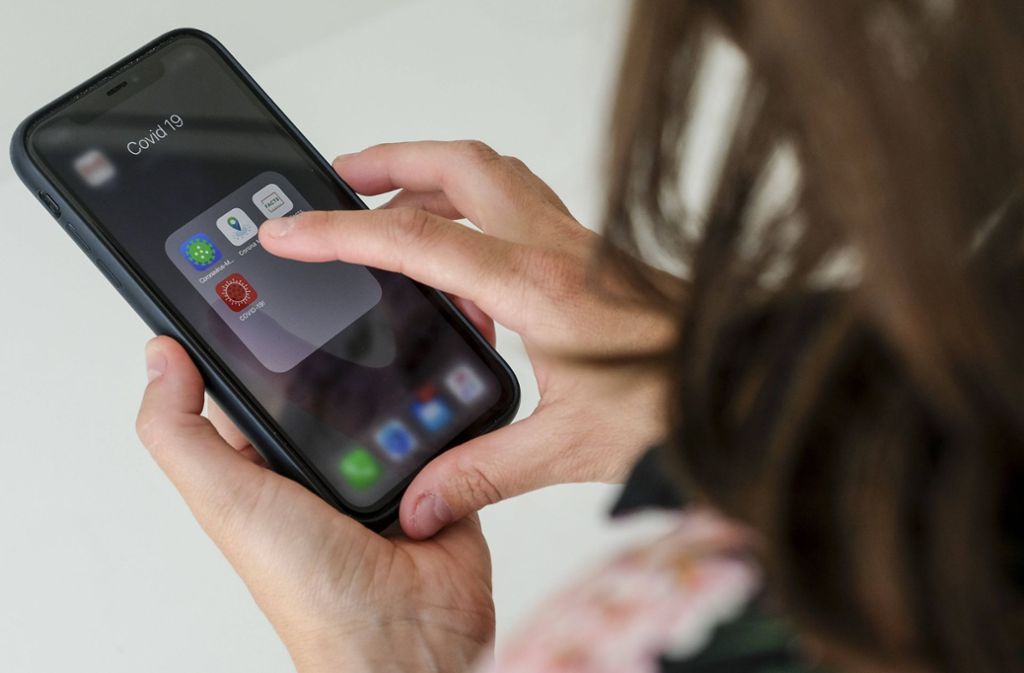The full roll-out of digital tracing when lockdown restrictions are phased out may not be happening because of legal reasons.
As previously reported, the European Commission has published a toolbox on digital contact tracing and considers it to be more effective than manual tracing. Tracing by mobile applications is recommended, as the main tool or as a complement to manual tracing, on the condition that they are used voluntarily and comply with EU data protection and privacy rules.
During the coronavirus crisis, the Commission has allowed states of emergency if they are limited in time, proportionate and comply with European values. In fact, a majority of EU member states have declared states of emergency and all of them have imposed compulsory lockdown restrictions to cope with the coronavirus crisis.
Citizens normal rights and liberties have been curtailed to prevent the spread of the virus. Police have been tasked to enforce the restrictions. Only in a few countries, the regimes have used the health crisis as a pretext to suppress press freedom and to grab more power despite EU protests.
Data protection rules seem to belong to a separate category of fundamental rights that cannot be limited for any reason. The chair of the European Parliament’s Civil Liberties Committee, Juan Fernando López Aguilar (S&D) said on 7 April that, “Even in these exceptional times, the EU’s data protection principles must continue to apply and be respected”.
He stressed that mobile phone applications “could seriously interfere with people’s fundamental rights to a private life and the protection of personal data, and are tantamount to a state of surveillance of individuals.”
His views were echoed by the European Commission at yesterday’s virtual press conference (30 April). Asked by The Brussels Times if the Commission would consider a derogation from the rules in view of the unprecedented crisis, a spokesperson of the Commission replied that its position has not changed. “It’s a fundamental principle for the Commission. Our toolkit only applies for voluntarily use.”
Other countries that successfully have applied digital tracing have breached data protection rules blatantly. Karolina Klatt, science journalist at the Bertelsmann Foundation, wrote in The Brussels Times (30 April) that “even a democratic country like South Korea seems to prioritize the digital fight against the threat, putting it above the protection of fundamental rights in the current crisis.”
South Korea however is known for a low level of data protection. The government made data on Covid-19 patients freely available on its data portals and private companies used them to program mobile phone applications.
In Israel, despite concerns of future misuse, the government decided to apply a military intelligence application for tracing infected persons without waiting for the parliament to approve it in legislation. Because of the emergency situation the tracing continued but the supreme court has made it conditional on parliamentary legislation.
“It is crucial that citizens trust the applications in order to produce sufficient uptake to make a difference in tackling the crisis. It is vital that, in coming out of the current crisis, we do not create a tool that enables large scale data collection on the population, either now or at a later time,” several scientists from EU and third countries wrote in a joint statement on contact tracing (20 April).
The system must not be capable of collecting, processing, or transmitting any more data than what is necessary to achieve this purpose, according to the statement. The scientists insist that the use of contact tracing apps and the systems that support them must be voluntary, used with the explicit consent of the user.
To avert any “mission creep”, that could result in systems which would allow surveillance of society at large, the scientists recommend a decentralised approach to data storage where the matching of data is done as anonymously as possible and information about non-infected users is not revealed at all.
Besides overcoming the legal concerns, a roll-out of digital contract tracing would also require that a majority of the population has modern versions of smartphones with the necessary Bluetooth and operating systems for installation of tracing apps.
Whether it is done voluntary or compulsory, trust in the government is key. When the crisis is over, the tracing app must be deleted and all data erased.
M. Apelblat
The Brussels Times

